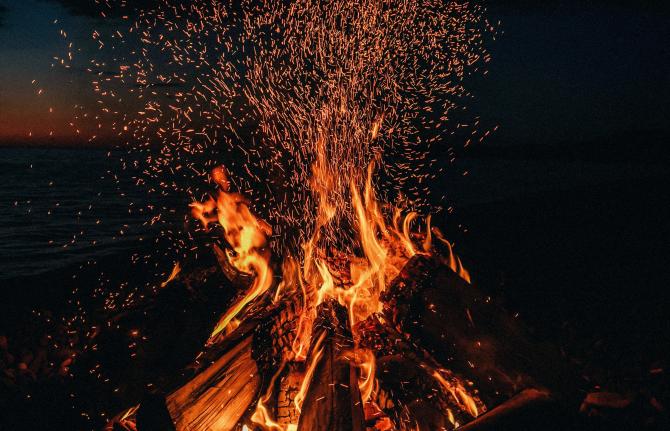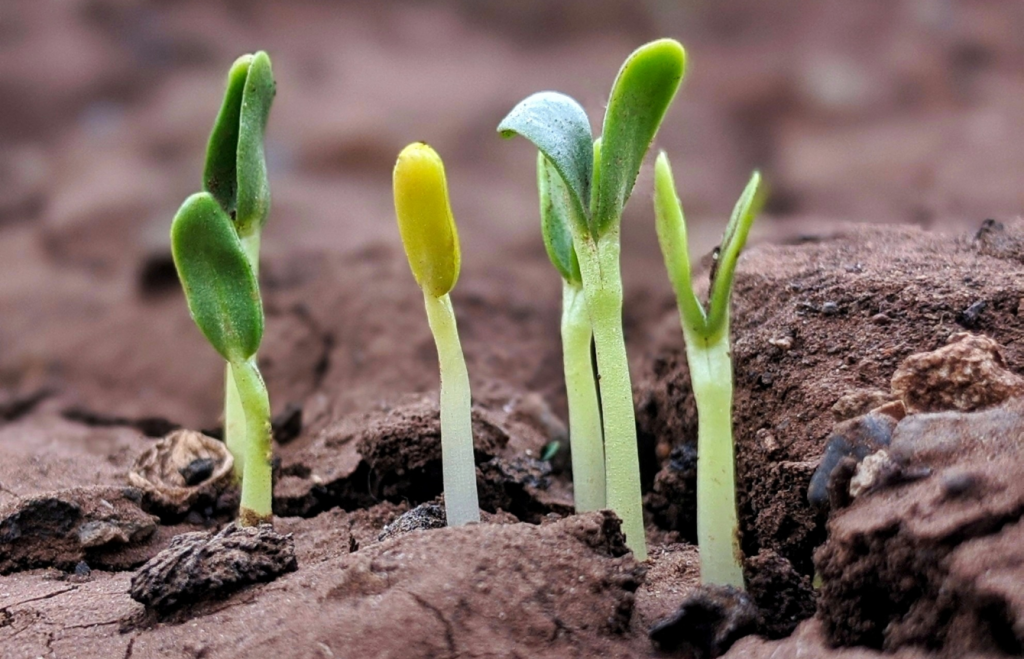Today is my 18th birthday, and it is the day I make one of the biggest decisions of my life – to go against the life that will be chosen for me. I am doing this because I believe in taking hold of my own future, instead of having someone else decide what my life will be.
The elders in our village feel as if they know everything, and that our future lies in the stories of our past. They have told us time and time again about the origins of Payapa, of how we collaborated and joined together as the last remaining residents of Earth. It was all in disarray when ‘The Great Move’ happened, and the people left behind were left to pick up the pieces. Most of those who Moved expected the last human society on Earth to collapse, but it was in our trials that we were able to find our way forward. No one imagined that once the wealthy and elite left our home, we could redefine what society looked like and focus on building our communities. It took guidance from the native caretakers of the land – the keepers of indigenous knowledge and ways of being – for us to build a peaceful and sustainable society.
The ruins of our world lay around us, and one of the remaining traditions is celebrating a milestone on your 18th birthday. On this day, I finally become an adult and find my place in this society we have built. But can I really call it finding my place, when it is being decided for me? The knowledge that we pass down to each generation consists of the basic reading, writing, engineering, mathematics, and science – that is how we have managed to maintain the equipment from before The Great Move and keep ourselves healthy and well. When we talk about specializations and fields of expertise however, this knowledge is still protected by the elders.
Ever since I was young, I have dreamt of my 18th birthday and becoming a farmer just like my mother and father. When I planted my first seed and managed to create a life enjoyed by everyone, I knew that my purpose was to become a keeper of this land. One of the most noble vocations I have seen is being a farmer, and it is in this humble act of feeding my people and ensuring that society can continue to grow that I find happiness and joy. I spent my childhood as a farmer’s apprentice, learning from my parents how to best care for our environment and nurture the seeds we have planted.

It was when my older sister Tala turned 18 five years ago that I found out we don’t have a choice. Our roles in Payapa are based on what work is needed, without consideration for what a person chooses. In a land they call free and peaceful, it hardly makes sense to me. What is so wrong with having many farmers, many doctors, many scientists? Why can’t the choice of the individual be taken into account? Am I supposed to suffer through learning biology and anatomy if that is the life chosen for me?
I made it my mission to bring together the young people of my generation, and collect the stories of the unfulfilled dreams of our ancestors. We have even heard from elders, wishing they could have explored their purpose in life, yet were not able to because of the rules put in place since The Great Move. We have asked for the blessing of our parents and our community, and they support our desires to fulfill our dreams despite the fear they hold of any retribution from the elders because of our rebellion.
Our families have prepared the best food for the community, as everyone wants to come together and celebrate the coming of age ceremony in the village. Before we are able to begin the festivities, every young person in our village stands beside me as I make the call for change.
Let us live our purpose, is what we plead.
I fear our pleas have fallen on deaf and unchanging ears, but one elder stands up for us and shares that the peaceful lives we enjoy today are possible only because some young people long ago raised their voices so they could shape a better world.
Another elder says that perhaps now it is time we pursue our purpose, since we have found peace. One other agrees, that we do not have prosperity without freedom and unlived potential.
Our community is moved by our advocacy, and the stand we take as the next generation to take the lead.
I know that there will be trials to come as we change what we have become accustomed to, but today we planted a seed of hope for our generation and the ones to come, and it is one we will all nurture and grow together.
